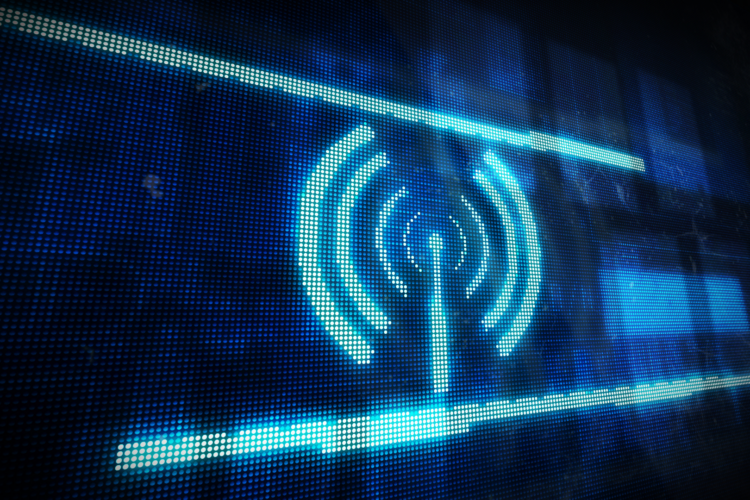IMDEA Networks

Accurate Ubiquitous Localization with Off-the-Shelf IEEE802.11ac Devices

Alejandro Blanco, Estudiante de doctorado en IMDEA Networks Institute, Madrid, Spain
In-house Presentation
WiFi location systems are remarkably accurate, with decimeter-level errors for recent CSI-based systems. However, such high accuracy is achieved under Line-of-Sight (LOS) conditions and with an access point (AP) density that is much higher than that typically found in current deployments that primarily target good coverage. In contrast, when many of the APs within range are in Non-Line-of-Sight (NLOS), the location accuracy degrades drastically.
In this talk, I will present UbiLocate, a WiFi location system that copes well with common AP deployment densities and works ubiquitously, i.e., without excessive degradation under NLOS. UbiLocate demonstrates that meter-level median accuracy NLOS localization is possible through (i) an innovative angle estimator based on a Nelder-Mead search, (ii) a fine-grained time of flight ranging system with nanosecond resolution, and (iii) the accuracy improvements brought about by the increase in bandwidth and number of antennas of IEEE 802.11ac.In combination, they provide superior resolvability of multipath components, significantly improving location accuracy over prior work. We implement our location system on off-the-shelf 802.11ac devices and make the implementation, CSI-extraction tool and custom Fine Timing Measurement design publicly available to the research community. We carry out an extensive performance analysis of our system and show that it outperforms current state-of-the-art location systems by a factor of 2-3, both under LOS and NLOS.
About Alejandro Blanco
Alejandro Blanco is a PhD student in Telematics at the University of Carlos III. His research interest lies between localization and sensing at sub-6Ghz wireless communication. Previously, he completed an MSc in Multimedia and Communications and a BS in Telecommunications Engineering at the University of Carlos III. Before doing the Master’s degree, he was working as a junior consultant at Everis in Madrid for 1 year.
Este evento se impartirá en inglés

